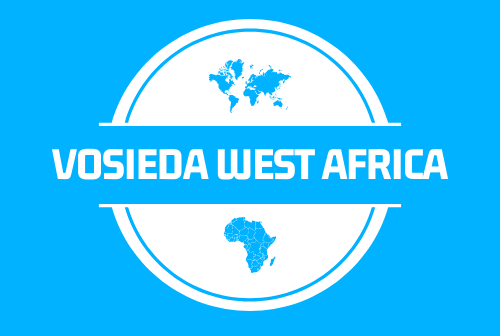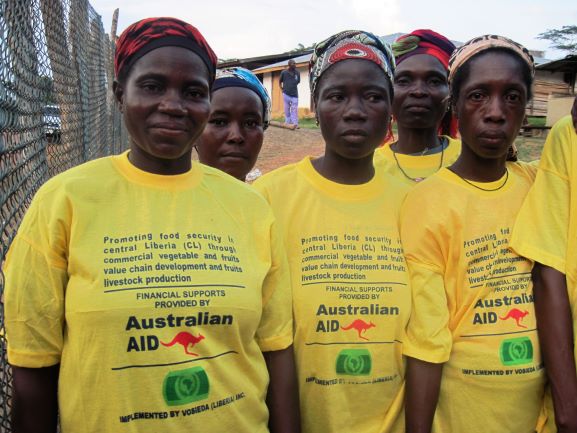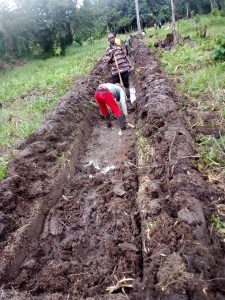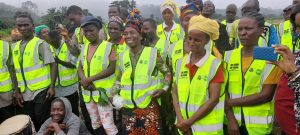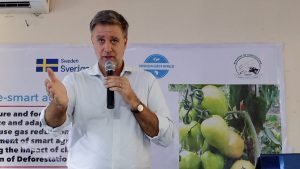Liberia’s Context

Liberia and the entire Mano River Basin region have made extraordinary progress in promoting gender equality and improving important aspects of the lives of girls and women over recent decades. Yet, lack of female voices and violence against women and girls remains among the most widespread and devastating human rights violations in Liberia and the region.
With strong patriarchal social norms and entrenched, socially accepted violence against women and girls, Liberia currently ranks 177 out of 188 countries on the overall measures used to determine the gender inequality index. Rates of sexual and gender-based violence (SGBV), harmful practices (HPs), female genital mutilation (FGM), child marriage and teenage pregnancy are all high, while access to sexual and reproductive health rights (SRHR) is low.
Progress in peacebuilding and security over the last decades has not translated into actions to eliminate violence against women and girls (VAWG) and marginalized groups; rather, VAWG has contributed to destabilizing the peace and security, with increasing media attention leading to demonstrations by the public, with the youth that make up 63% of the population especially expressing frustration at the lack of response and action from the Government.
While Liberia has ratified key international and regional instruments that seek to address violence against women and girls, implementation of the laws and international conventions are weak or non-existent and significant legislative and regulatory gaps remain. The Children’s Law of 2011 is sufficient and in line with the Convention on the Rights of the Children, yet it is not enforced nor operational with no regulatory framework; the amendment of the Domestic Violence Law failed to ban FGM despite intense debate; and even though the then President issued Executive Order No. 92 prohibiting FGM in January 2018, the practice remains widespread.
In addition, the sexual and reproductive rights of minority groups such as sex workers and those who identify as lesbian, gay, bisexual, transgender, intersex are not legally recognized. While the voices of civil society groups and informal decision-making groups have been strong in other sectors, they remain weak in advocacy and monitoring relevant legislation and policies.
VOSIEDA’s Youth and Women Socioeconomic Empowerment:

- In view of Liberia’s commitments and human rights obligation to ensure that the rights of marginalized groups are protected, respected and fulfilled, VOSIEDA is working to urgently address structural gaps in laws and policies implementation through advocating for legislative reforms, amendments and repealing of outdated laws.
- In addition to the gaps in legislation and regulatory frameworks, there is little or no political will and commitment, resulting in the lack of public confidence in statutory institutions such as the judiciary and the police leads to under reporting of cases. VOSIEDA will continue raise public awareness and built capacity of civil society and government in this area.
- Institutional capacities and mechanisms in Liberia largely remain weak and incapable of efficiently implementing multisectoral programming approaches to plan, implement and monitor interventions to prevent and respond to SGBV, HPs and SRHR-related issues at both national and sub-national levels. The most significant obstacle is the absence of adequate institutional budgetary allocation by Government to meet gender-specific needs of women and men, boys and girls.
VOSIEDA will continue to implement strategic interventions to monitor, build capacity and advocate against cultural and societal acceptance of violence against women and children, especially girls.

- Child marriage, early initiation of sexual activity and teenage pregnancy are common in Liberia. Rates of teenage pregnancy are also much higher in rural communities than in urban areas. In response, VOSIEDA will continue to amplify the voices of girls at risk of child marriage and defend the rights of girls to health, education and the opportunity to fulfil their potential.

- In order to improve youth and women livelihoods, VOSIEDA will continue to expand social entrepreneurships and financial services and improve economic opportunities for women & youths. Our program will continue to resolve sexual and reproductive issues of women & youths and expand social protection while ending violence against women and youths in its many forms and manifestations.
Do you need additional information? Meet our Expert...
Programme Coordinator
Women & Youth Socioeconomic Empowerment
